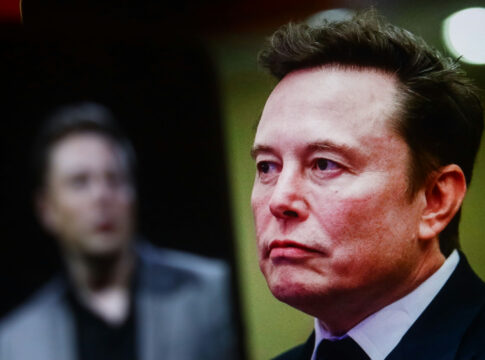Elon Musk’s abrupt decision to shelve his “America Party” exposes the high stakes of third-party risks, GOP power plays, and billionaire influence on the conservative movement.
Musk Shelves America Party to Avoid Splitting Conservative Vote
Less than three months after launching the “America Party,” Elon Musk has paused his third-party project, a move that dramatically impacts conservative politics. Musk, whose involvement in government grew during Trump’s administration, reportedly grew concerned that a third-party run would siphon votes from the GOP and undermine the party’s prospects for 2028. This calculation comes amid his public break with Donald Trump over government spending, a rift that played out on social media and deepened political divisions within the right.
Musk’s Influence in U.S. Politics: From Tech CEO to GOP Power Broker
Musk’s transition from political entrepreneur back to business priorities marks a significant shift in strategy for one of the most high-profile figures in American public life. As CEO of Tesla, SpaceX, and owner of X, Musk has increasingly used his platform to challenge both parties on issues like government efficiency and fiscal discipline. His decision to pause the America Party reflects a longstanding conservative concern: third-party efforts often fracture the right, handing victories to left-leaning candidates who promote expansive government and progressive policies. Musk’s wealth and media reach ensure he retains influence, but his exit from direct party formation signals a pragmatic embrace of coalition-building within the GOP.
Potential Backing of JD Vance: Strengthening the MAGA Movement
With the America Party shelved, Musk is reportedly considering financial and media support for Vice President JD Vance’s anticipated 2028 presidential campaign. Vance, widely seen as the heir to the MAGA movement, could benefit from Musk’s resources and public endorsement, further consolidating conservative momentum ahead of the next election cycle. This alliance underscores the strategic importance of unity on the right, especially as Vance positions himself against globalist and progressive agendas that conservative voters reject. Musk’s choice to support Vance over pursuing his own party demonstrates a calculated effort to avoid internal divisions that have historically led to electoral defeats for conservatives.
Historical Lessons: The Risks of Third-Party Movements in U.S. Politics
American political history is replete with examples of third-party efforts undercutting the very causes they sought to advance. Figures like Ross Perot and Theodore Roosevelt launched independent runs that, while influential, ultimately failed to overturn the two-party system and frequently led to victories for the opposition. Musk’s move to pause his party, therefore, is grounded in hard-earned lessons about the dangers of fragmentation. By stepping back, he avoids the fate of past efforts that weakened the conservative cause and instead leverages his influence where it can have the greatest impact—inside the existing party structure.
Impact on the GOP, Tech, and National Conservative Agenda
The Republican Party stands to benefit most immediately, as the shelving of the America Party eliminates the threat of vote-splitting in the critical 2026 midterms and the 2028 presidential race. Musk’s renewed focus on his companies may also reassure investors and stakeholders, while his ongoing political engagement—particularly through financial backing and media advocacy—ensures he remains a key player in shaping the national agenda. For conservatives frustrated by past years of leftist overreach, government waste, and disregard for constitutional principles, this episode reinforces the importance of unity and strategic discipline in defending traditional values against radical agendas.
Expert Perspectives: Pragmatism and the Enduring Two-Party System
Political analysts and scholars agree that third-party bids rarely succeed in the United States, due to structural barriers and the high risk of undermining ideological allies. Musk’s decision is widely viewed as pragmatic, preserving his political capital while maximizing influence within the GOP. Some commentators lament the lack of viable alternatives to the two-party system, but for many conservatives, Musk’s move is a welcome sign of common sense prevailing over ego or disruption for its own sake. As the 2028 race approaches, all eyes will be on whether this alliance between tech and grassroots conservatism can deliver on the promises of liberty, economic strength, and constitutional fidelity.


